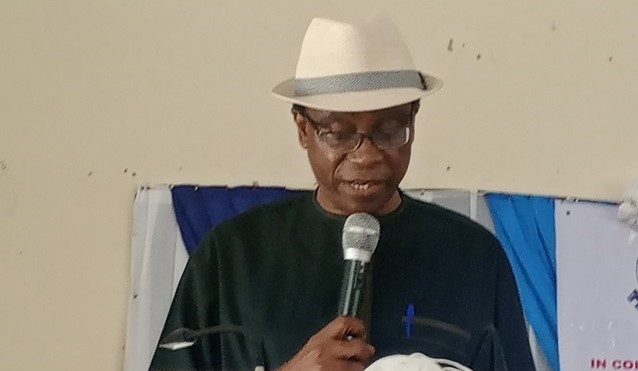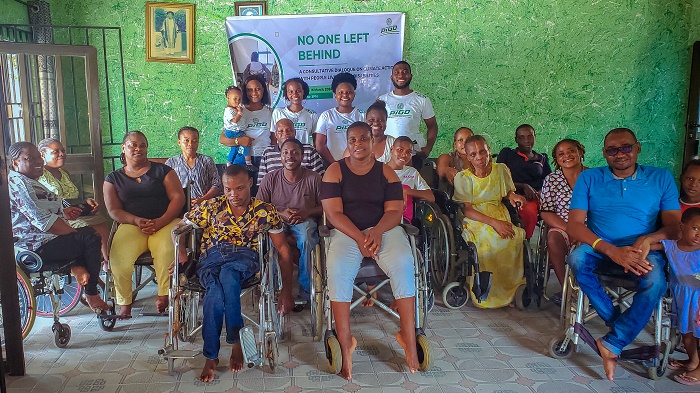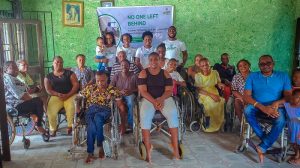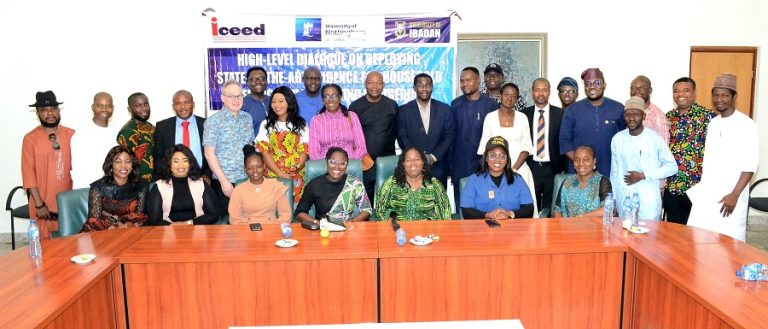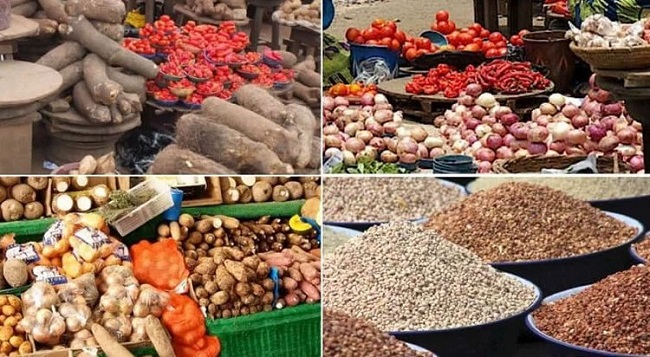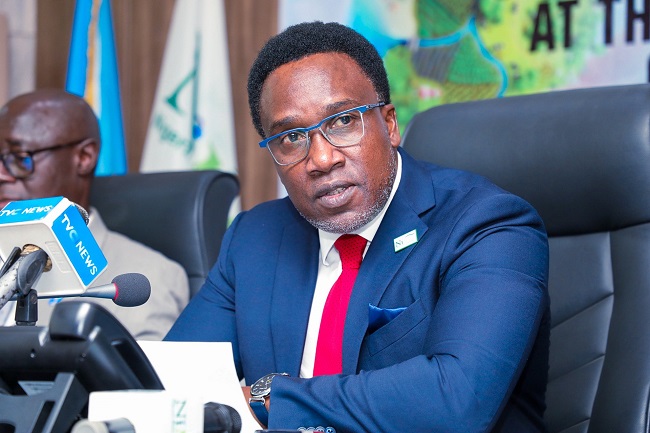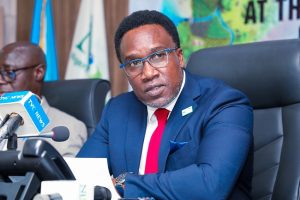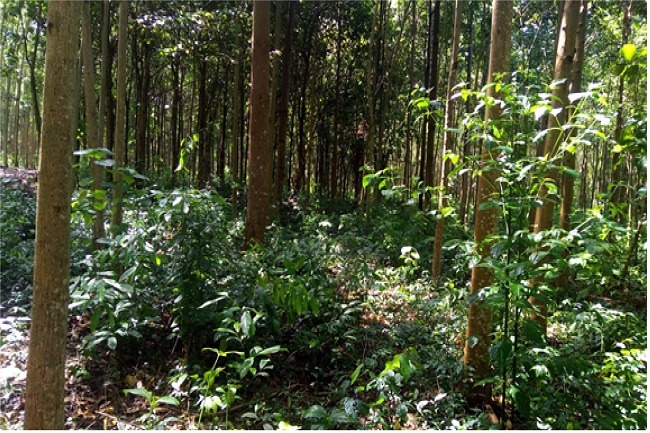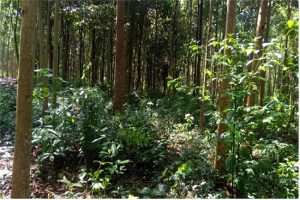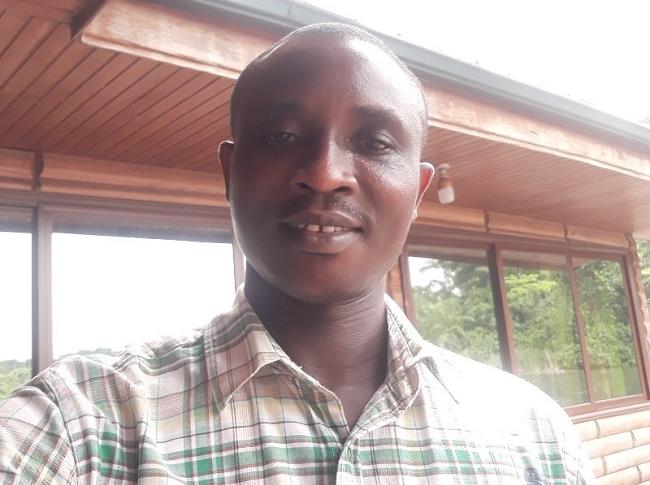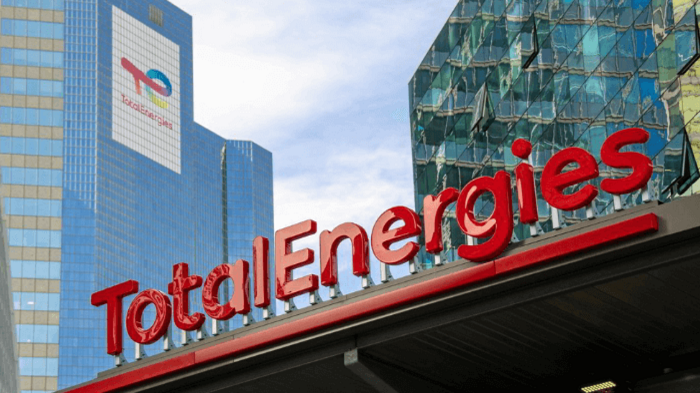Nigeria, like many other African nations, stands at a crossroads to her food future. The stark choice is between adopting agricultural biotechnology in line with the industrial agriculture model or agreocology (regenerative agriculture). The former, in the guise of enhancing agricultural productivity, and fostering economic development, locks in monocultures, loss of biodiversity, seed monopoly and seed/food colonialism, while the latter delivers increased productivity and economic resilience and also nourishes and revives ecosystems, strengthens local economies, mitigates climate/environmental crises and promotes food sovereignty.
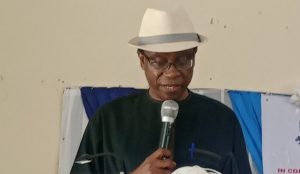
We will examine the very pressing and complex issues of genetically modified organisms (GMOs) and biosafety. As judiciary officials in various capacities, entrusted with upholding the rule of law and ensuring justice prevails in our society, it is imperative that we are well-versed in the intricacies of this rapidly evolving field and risky technology.
GMOs ride on the wave of global fetishization of technology by which technology is considered a silver bullet. Besides posing difficulties to regulatory frameworks, they directly impact on human as well as socio-economic rights of our peoples. The complex threats and attendant risks of this technology makes it expedient that we examine the implications of GMOs through the lens of fundamental human rights. It is important to understand that GMOs represent a paradigm shift in agriculture.
These are plants, animals, or microorganisms that have undergone fundamental changes at the cellular level and can no longer be considered natural. Most of them are engineered to withstand dangerous herbicides which kill other species except the engineered ones. Other crops are genetically engineered to act as pesticides ostensibly to kill identified pests that would otherwise attack the crop or seeds. Examples include Bt Cotton and Bt Cowpea or beans approved for commercial release in Nigeria. The implication of eating a seed engineered to kill a pest is that you are actually eating a pesticide with unexamined implications including on the microbes in our guts.
GMOs are promoted in Nigeria on the premise of addressing food insecurity. However, after almost three decades since their introduction in the world, they have not eradicated or reduced hunger. Rather, they lock in the system that promotes hunger by degrading soils, reducing biodiversity, disregarding the knowledge of local food producers, and concentrating power in the hands of a few market players.
The hope of Nigeria dominating the international market and generating billions of US dollars is a pipe dream as nations who do not endorse genetically modified crops will not accept our products unless we wish to further make capital on the opacity in the handling and trading of these and other seeds.
The truth is that we don’t need GMOs to feed our population. This technology threatens the lives and rights of our local farmers who have selected and preserved seeds, crops, and animal varieties over the centuries. Our farmers have kept the stock of varieties that both provide food and meet our medicinal, cultural and other needs.
In a country like Nigeria, consumers are unable to exercise the right to choose whether or not to consume GMOs due to the peculiar way food is sold and consumed. We cannot label the foods and seeds largely sold on the roadside, in the traffic, and in an assortment of our informal markets. This is if labelling were to even be successfully enforced.
What is needed to enhance food production in Nigeria is the provision of supports to our family farmers and the adoption of farming methods that enhance the health of our soils. Healthy soils build ecosystem resilience to environmental stressors and build biodiversity instead of encouraging monocultures which are vulnerable to pests.
We need a system that supports farmers with needed access to credits, land, infrastructure and access to markets. We have a moral obligation to steward the Earth’s resources responsibly and to preserve the integrity of our ecosystems for present and future generations. These and more are what agroecology does.
As guardians of the law, it is pertinent to ensure that the Precautionary Principle is strictly applied when anyone wishes to introduce any genetically modified organism into Nigeria. The fact that there is a requirement for risk assessment during the application stage affirms that this is a risky technology. It should be considered unconscionable that public opinion is ignored or that promoters of the technology are also saddled with regulating same, or vice versa.
The introduction, cultivation, and trade of GMOs at a minimum should adhere to robust regulatory frameworks that prioritise biosafety and safeguard the public interest. Nigeria, like many countries, has enacted legislation and established regulatory bodies to oversee the assessment, approval, and monitoring of GMOs.
The National Biosafety Management Agency Act 2015 (as amended) is however froth with loopholes that prevent the legislation from adequately safeguarding the health and interest of the Nigerian people. Notwithstanding, GMOs are approved for use in Nigeria in a way that does not conform to the provisions of the Act or global best standards.
It is incumbent upon us to interpret and apply the provisions of the law judiciously, balancing the interests of innovation, agricultural sustain-ability, and public welfare. We cannot afford to turn our people into guinea pigs or allow promoters of the technology to deceive our farmers into believing they are given improved seeds when in fact they are trapped into planting seeds of dubious safety claims.
Furthermore, we emphasise the importance of transparency, public participation, and informed decision-making in matters concerning GMOs. The processes of approvals of GMOs so far do not recognise these elements as the responsible agency – the National Biosafety Management Agency has gone ahead to approve GMOs despite objections based on scientific, and ethical concerns.
Judges play a crucial role in adjudicating disputes, ensuring due process, and upholding the rights of all stakeholders, including farmers, consumers, and environmental advocates. Adjudicators should resist pressures and influence of vested interests and ensure that decisions regarding GMOs are guided by the precautionary approach, ethical principles and scientific evidence. While technological advancements hold out promises, we must not compromise the safety of our people or the integrity of our ecosystems.
In conclusion, we note that it is imperative to approach the issue of GMOs and biosafety with the utmost diligence, impartiality, and commitment to upholding the principles of justice. It is our hope that this training will deepen our understanding, encourage meaningful dialogue, and resolve to promote the common good and our collective right to food justice.
Nnimmo Bassey is Director, Health of Mother Earth Foundation (HOMEF)

